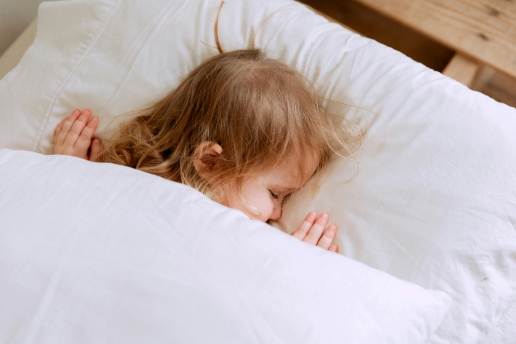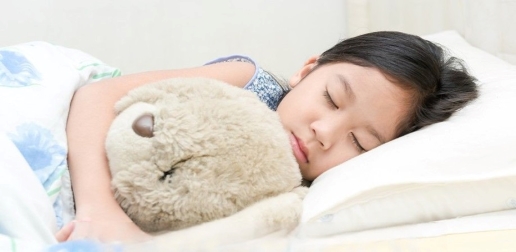Children's sleep needs have always been a puzzle for parents. How can we tell if a child is getting enough sleep? Actually, the simplest and most effective method is to observe when a child naturally wakes up without needing to be woken up by a parent. This method was proposed by Japanese child sleep expert Teruhiisa Mikage, who has dedicated over 30 years to clinical research on childhood sleep disorders. This method allows parents to observe for approximately one to two weeks to understand their child's true sleep needs.
Children's sleep needs vary. Some need more, others less. According to the recommendations of the National Sleep Foundation, preschoolers (aged 3 to 5) need 10 to 13 hours of sleep, school-aged children (aged 6 to 13) need 9 to 11 hours, and adolescents (aged 14 to 17) need 8 to 10 hours. However, parents can determine their child's actual needs by observing the time they naturally wake up. This approach is not only scientific but also avoids unnecessary stress.
Working parents often face late nights. Even if they want to share dinner with their children, subsequent tasks like bathing, homework, and household chores often delay their bedtime. Sleep is extremely important for a child's physical and mental development, so parents should pay more attention to their children's sleep schedules. After all, establishing good sleep habits is crucial for a child's growth.
Good habits are cultivated from a young age, and establishing them earlier is easier
Mikage emphasizes that the younger a child is, the easier it is to establish regular sleep habits. His research suggests that a child's sleep and wake-up times are often determined by habits formed between the ages of 18 months and 2 years. Therefore, it is best to establish a regular schedule during infancy so that as the child grows older, they are less easily affected.
Naps are not a cure for sleep deprivation!
Many parents believe that if children don't get enough sleep at night, they can make up for it with daytime naps. However, Mikage points out that this idea is incorrect. Excessive reliance on naps creates a vicious cycle: children go to bed later, needing more naps the next day, and their sleep schedules become increasingly disrupted. If a child wakes up naturally in the morning in a good mood, it indicates they have gotten enough sleep, and the need for naps will naturally decrease as they get older. He also specifically recommends that naps should not exceed 2 PM to ensure easier sleep at night. If a child gets enough sleep at night, the frequency and duration of naps will naturally decrease with age. (Photo / Courtesy of Pexels)
If a child gets enough sleep at night, the frequency and duration of naps will naturally decrease with age. (Photo / Courtesy of Pexels)
How to adjust to a regular schedule after a disrupted one during holidays?
During holidays or weekends, many children may stay up late, which can affect their autonomic nervous systems, hormone secretion, and body temperature regulation, making it difficult to return to normal sleep habits. Maintaining a consistent schedule is the best approach. However, if a schedule is disrupted, such as during winter or summer break, Mikage recommends gradually returning to the regular schedule within 10 to 14 days before the start of the new school term to help children get back on track.
Good sleep is the foundation of a child's healthy growth. It not only promotes physical development but also helps stabilize emotions and improve learning efficiency. By observing the time a child naturally wakes up, establishing a regular sleep schedule, and appropriately controlling naps, parents can ensure their children get adequate rest. Let's create healthy and sufficient sleep for every child, allowing them to greet each new challenge with energy and enthusiasm every day!
Source: Mama Bao







